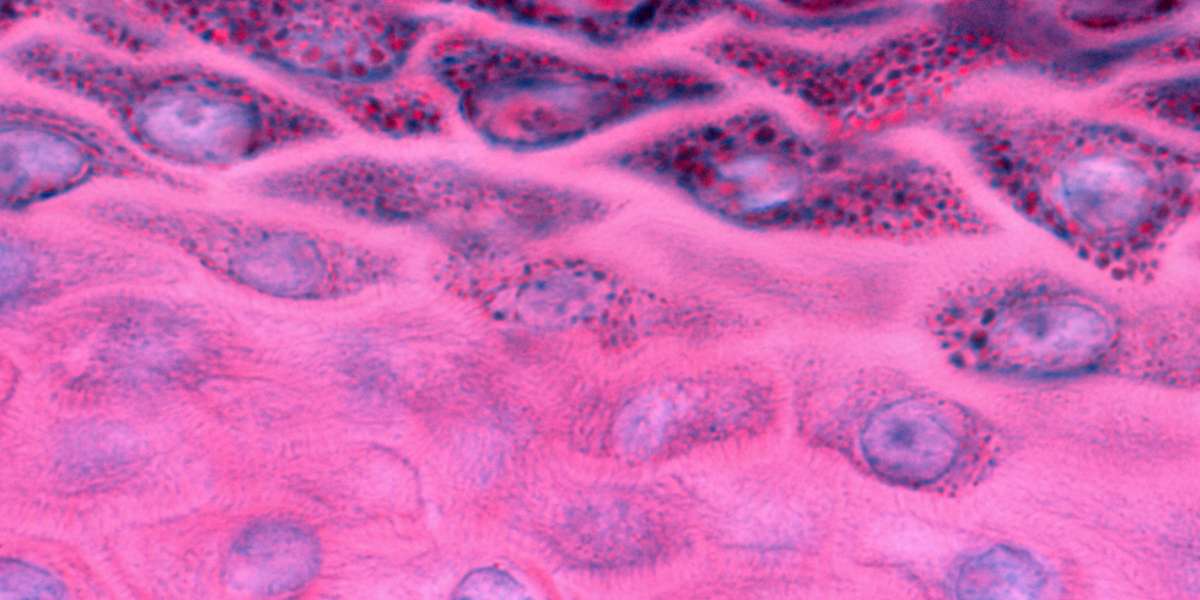People can generate their own oxidation field by “transforming chemicals” themselves, new evidence demonstrates.
Scientists from the Max Planck Institute for Chemistry and the Technical University of Denmark have found that the presence of humans and trioxygen can create Hydroxyl (OH) radicals – a dilute gas that decays very rapidly in the condensed phase.
Otherwise known as the ‘detergent of the atmosphere’, OH radicals are reactive molecules that are developed when UV rays from the sun interact with ozone and water vapor.
According to the results, humans can generate and transfer certain chemical pollutants though their breath and skin.
Author Nora Zannoni said: “The discovery that we humans are not only a source of reactive chemicals, but we are also able to transform these chemicals ourselves was very surprising to us.
“The strength and shape of the oxidation field are determined by how much ozone is present, where it infiltrates, and how the ventilation of the indoor space is configured.”
The oxidation field is developed by the reaction of the ozone and oils and fats on an individual’s skin.
During the study, four participants were placed into four separate rooms under different conditions of ventilation and ozone.
Whilst analysing the rooms, the team of researchers detected present and abundant OH radicals.
Fellow author Professor Manabu Shiraiwa said: “Our modelling team is the first and currently the only group that can integrate chemical processes between the skin and indoor air, from molecular scales to room scales.
“The model makes sense of the measurements – why OH is generated from the reaction with the skin. I think this study opens up a new avenue for indoor air research.”
Project leader Jonathan Williams said: “We need to rethink indoor chemistry in occupied spaces because the oxidation field we create will transform many of the chemicals in our immediate vicinity.
“OH can oxidize many more species than ozone, creating a multitude of products directly in our breathing zone with as yet unknown health impacts.”
He added: “This oxidation field will also impact the chemical signals we emit and receive, and possibly help explain the recent finding that our sense of smell is generally more sensitive to molecules that react faster with OH.”
Read the study in Science.







